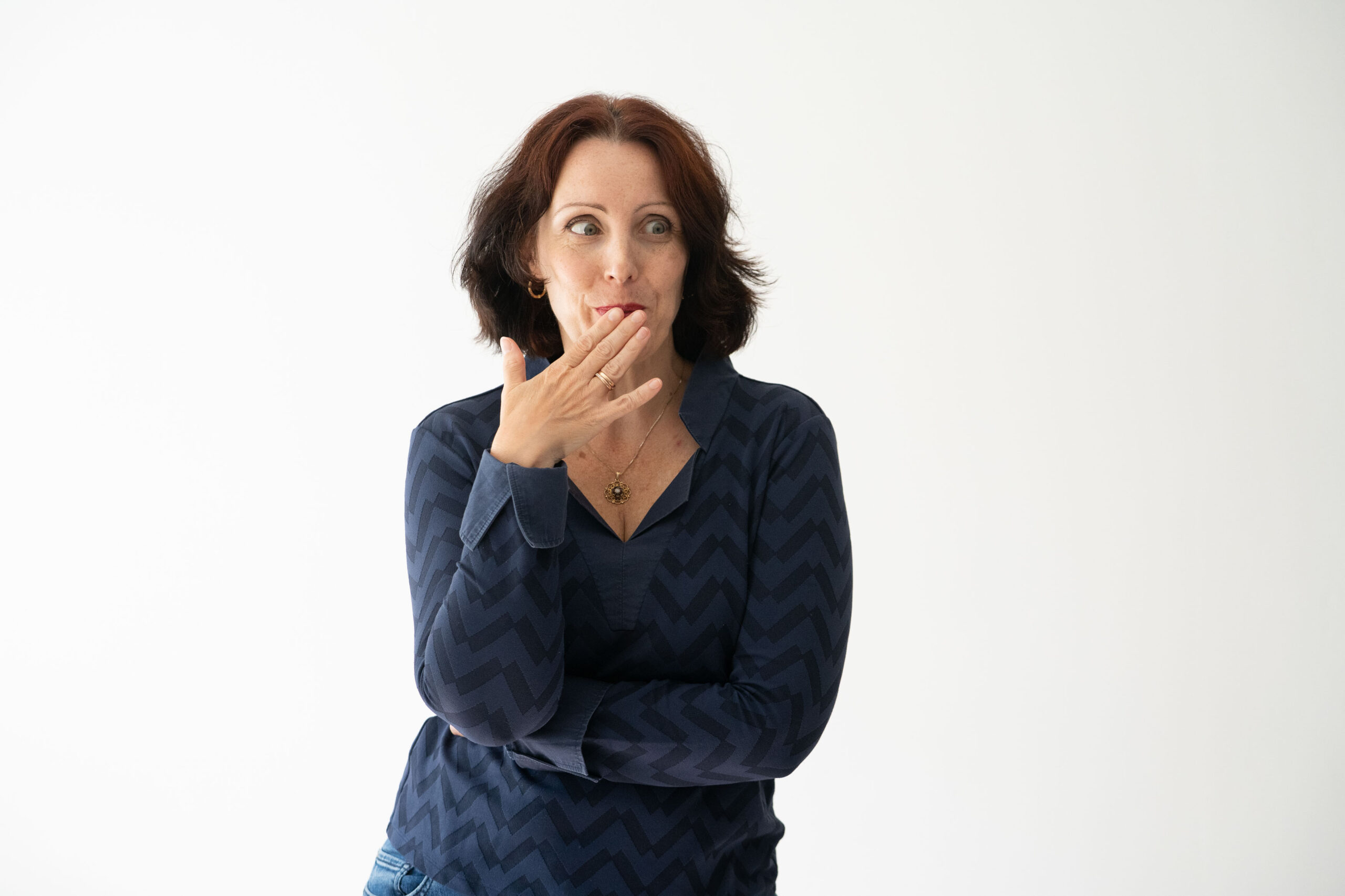The teammate everyone warned me about.
When I moved for a new brand development job to Paris, I had a person on my team who was extremely critical. Other people warned me about her – she will be questioning all your decisions, it is really hard to lead a project with her on your team.
We run a Risk assessment workshop in the first weeks after my arrival, where she was very active – seemingly enjoying the brainstorm about all the ways our project could fail. Frankly, NO project leader would ever enjoy such a workshop, at the end we had a list of about 126 ways we could fail. I felt that maybe we shouldn’t even start…
Yet, I found that I really liked to work with her. I realized, that her skill of seeing the pitfalls of any idea faster than anyone else came from her experience as a project planner (someone like the scrum master). She literally knew where projects can go wrong. And she made damn sure, that ‘her’ projects wouldn’t. She wouldn’t compromise, wouldn’t take vague propositions or dubious research results as an answer.
Working with her made me a better brand developer. She asked me the toughest questions in the beginning – when we still had the time and space to sharpen them, simplify, make tough choices or change course if needed. The projects I did with her – massive multi country – multi factory innovation involving a change to all aspects of our product range – still landed on time.
Lessons learned:
- Understand motivation – where does the critical mindset come from? Is there something to learn?
- Don’t run away from the insistent project member who’s asking the tough questions. Value the zeal and the commitment. They can make your whole innovation better.
- Take your team with you on the journey. People on the development team – regardless of their position – all need to understand the brand challenge you are trying to solve, and the status of the development of the other functions. They are so interconnected, that a change in one can have implications to all others. In agile – the daily check ins are perfect for keeping everyone on the same page.
- Clarity within the development team will help you when you present your project or product, MVP.. whatever phase you are in… to your stakeholders. They can even prepare you for the challenges from their own functional leaders.
- Mind the tone! Accepting and addressing critical feedback doesn’t mean that it should ruin the spirit of the team working together. Everyone needs to feel that any critical feedback is meant to improve the outcome and help each other. So best to set some rules from the beginning.
- If it is personal, take it outside. If you feel that the critical feedback or disruptive behaviour has a personal element towards you, do not try to confront it openly on a team meeting. Set up a sufficiently private conversation, preferable IRL and not digitally, and ask openly if they had an issue with your way of running the project or the project idea itself. Sometimes you find out that there is some personal baggage or history, that you need to take into consideration – and in the meantime this is a powerful signal to the other person, that they are acting out, but at the same time they are being heard. Agree the best way of dealing with the issue that comes up. It could also just be cultural difference in communication, which still need resolution if it is disruptive to the team.
She didn’t make my job easier. She made it better.
Because whether you’re leading a corporate innovation or building your own business from scratch, the person who challenges your thinking early on might just be the one who helps you avoid costly mistakes — and land your vision on time.
What about you?
Have you ever worked with someone who asked the tough questions? Did it help or hinder your progress? I’d love to hear your take — drop a comment or share your story below.
